Last Updated on 7 July 2025 by Greg Brookes
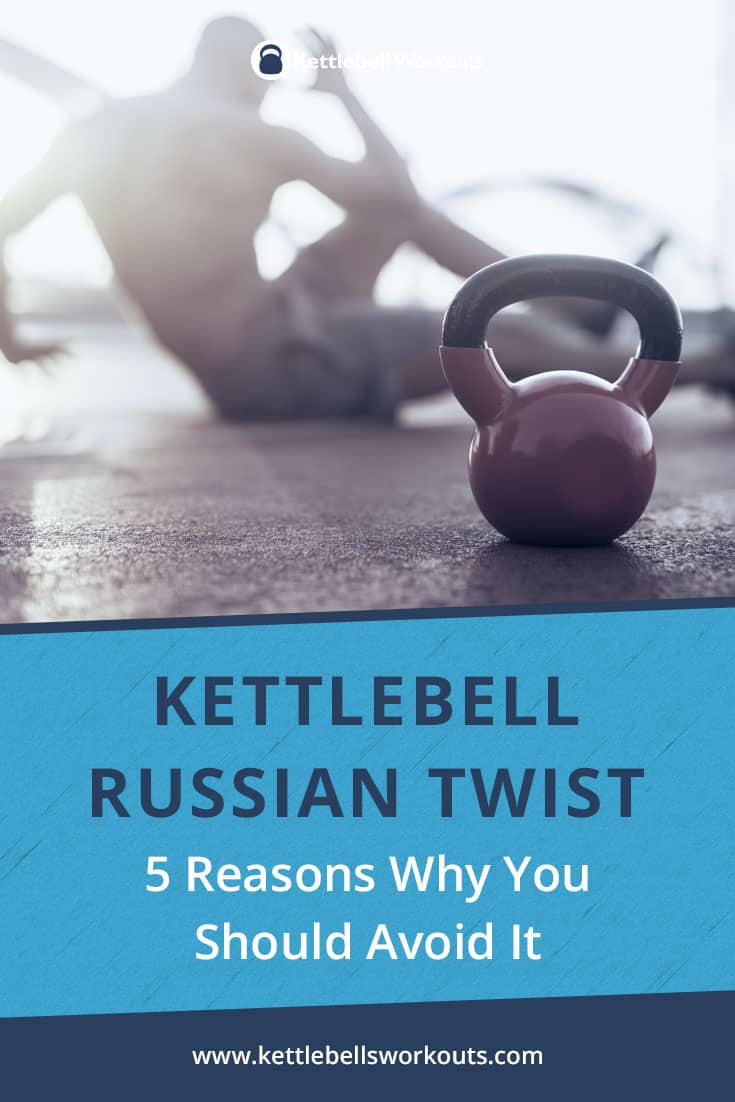
Is the Russian twist helping your core or quietly wrecking your back? While it remains a popular exercise in gyms, I strongly advise against using the kettlebell Russian twist as part of your training. In this article, I’ll explain why it’s not the functional core drill many believe it to be and what to do instead.
What is the Kettlebell Russian Twist?
The kettlebell Russian twist involves sitting on the floor, often with feet off the ground, and twisting the torso from side to side while holding a kettlebell. It’s commonly used as an ab exercise, targeting the obliques.
Unfortunately, this movement combines lumbar spine flexion with loaded rotation, two things that rarely go well together.
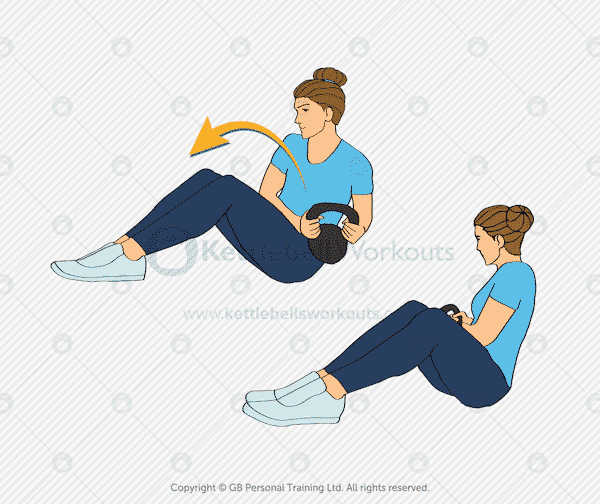
1. Increased Risk of Lower Back Problems
Most people aren’t taught how to brace their core properly. Add spinal rotation and flexion under load, and you’ve got a recipe for disc irritation or herniation. The lumbar spine isn’t designed for high-volume twisting with a heavy object in hand.
Even if you aim to keep your spine straight, fatigue sets in fast and form often breaks down. For those with existing back issues, this is one of the worst things you can do.
Expert Insight: Renowned spine researcher Dr. Stuart McGill advises avoiding loaded spinal rotation, especially under lumbar flexion, due to the high risk of disc injury.
Better Alternative: Renegade rows force you to resist rotation, exactly what your spine was built to do.

2. It Encourages Poor Posture
We spend too much time seated and slouched already. Russian twists reinforce that rounded-back, forward-head posture.
Instead of improving postural strength, they train you to be better at being hunched over. Your body adapts to how you train. If you want better posture, strengthen the muscles on your backside: glutes, spinal erectors, and scapular stabilisers.
Try This Instead: Two-handed kettlebell swings or bent-over rows to build posterior chain integrity.
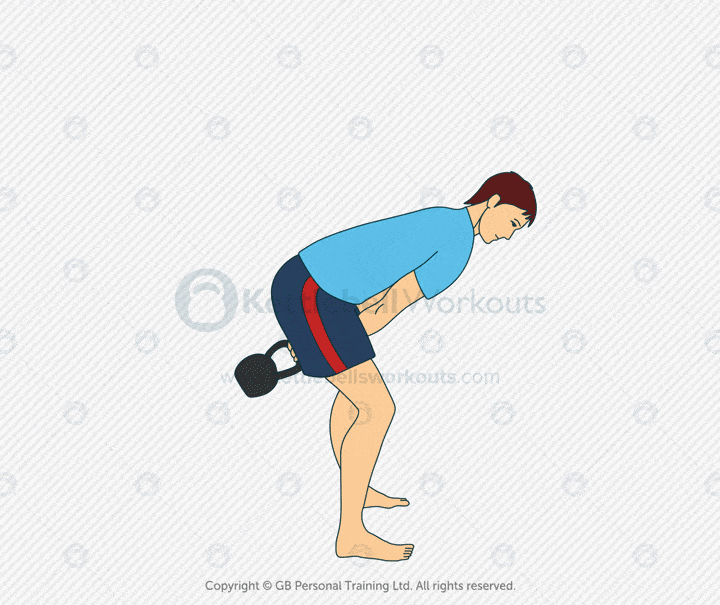
3. It’s Inefficient for Fat Loss
Russian twists are often marketed as a waist-trimming exercise. But fat loss doesn’t work that way. You can’t spot-reduce fat by targeting one area of your body.
In fact, excessive oblique work can even make your waist appear wider. If fat loss is the goal, prioritise full-body exercises that elevate your heart rate and recruit large muscle groups.
Swap With: Kettlebell thrusters or clean-to-press complexes for better metabolic impact.

4. Poor Core Muscle Activation
Rather than bracing against rotation, the Russian twist encourages rotation under load. But a strong core resists movement to protect the spine.
Anti-rotation drills train the core more effectively and mimic how we use these muscles in real life, resisting forces, not creating them.
Use Instead: Kettlebell suitcase carries or renegade rows to challenge your core to stay stable under asymmetrical load.
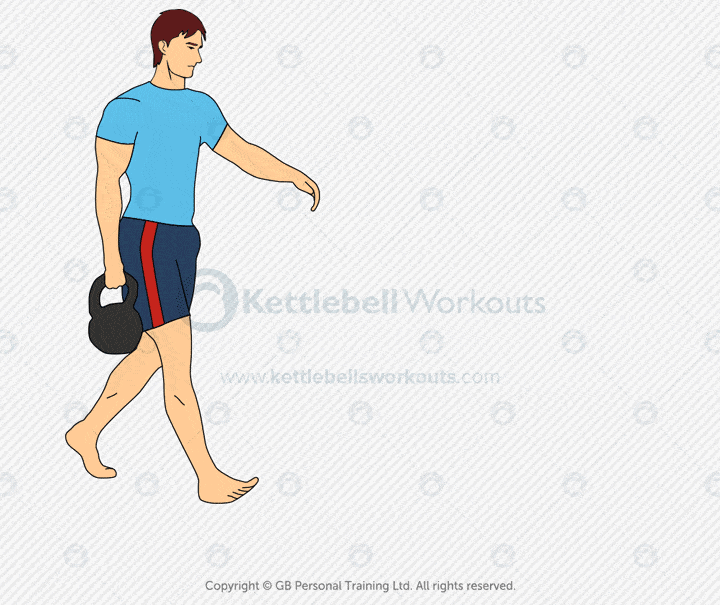
5. No Real-World Transfer
When do you ever sit and twist with a weight in daily life? Rarely, if ever. There’s little functional transfer from this movement to real-world strength or athletic performance.
On the other hand, standing carries, squats, presses, and rows all mimic real-life challenges: lifting groceries, stabilising during a sprint, or bracing under load.
Real-World Upgrade: Kettlebell farmers walks or windmills help you move better outside the gym.
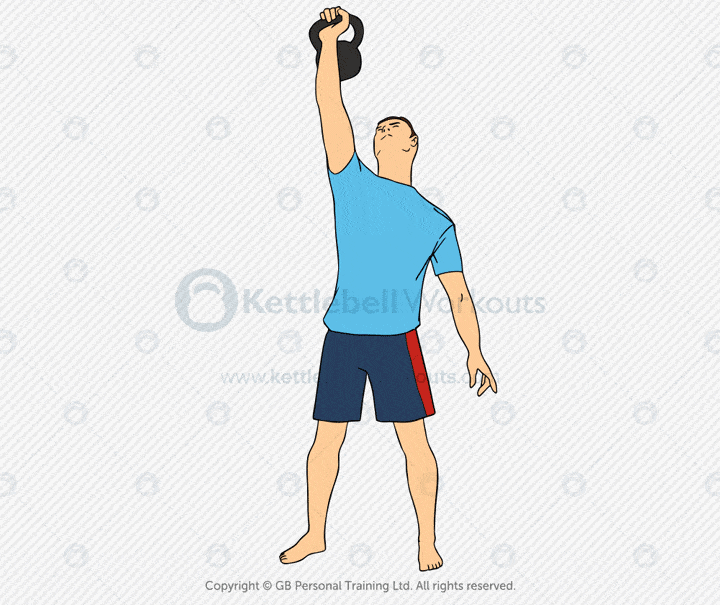
Coach’s Insight: Greg’s Take
Over the years, I’ve worked with countless clients dealing with low back pain. I’ve seen firsthand how exercises like the Russian twist, though well-intentioned, often do more harm than good.
We need to stop chasing burn and start chasing better movement. That’s why I recommend exercises that build real-world strength without compromising spinal health.
As one Reddit user summed it up: “Majority of back surgeons… will say absolutely no! They are not good for your lumbar spine.”
Better Alternatives to the Russian Twist
Instead of Russian twists, try these spine-friendly, core-focused kettlebell exercises:
- Kettlebell Renegade Row – Anti-rotation core strength from a push-up position
- Kettlebell Suitcase Carry – Unilateral carry that builds oblique strength and balance
- Kettlebell Turkish Get-Up – Full-body core stability and shoulder control
- Kettlebell Windmill – Strengthens obliques while enhancing hamstring and shoulder mobility
Final Thoughts on the Russian Twist
The kettlebell Russian twist might be popular, but popularity doesn’t equal safety or effectiveness. There are smarter ways to train your core that carry less risk and more real-world benefit.
Ditch the twist and train the way your body was designed to move, with strength, stability, and intention.
Train core and shoulders together with more integrated lifts from the kettlebell library.
Frequently Asked Questions
They combine spinal flexion and rotation under load, which increases the risk of disc injury.
No. Spot-reduction doesn’t work. You’re better off with full-body exercises and proper nutrition.
Yes, suitcase carries, renegade rows, and Turkish get-ups are far better for building a resilient core.
Absolutely. Beginners need to build core stability, not risk compromising it with unsafe movements.
If you’re set on rotational work, try standing band rotations with a neutral spine instead of seated twists.

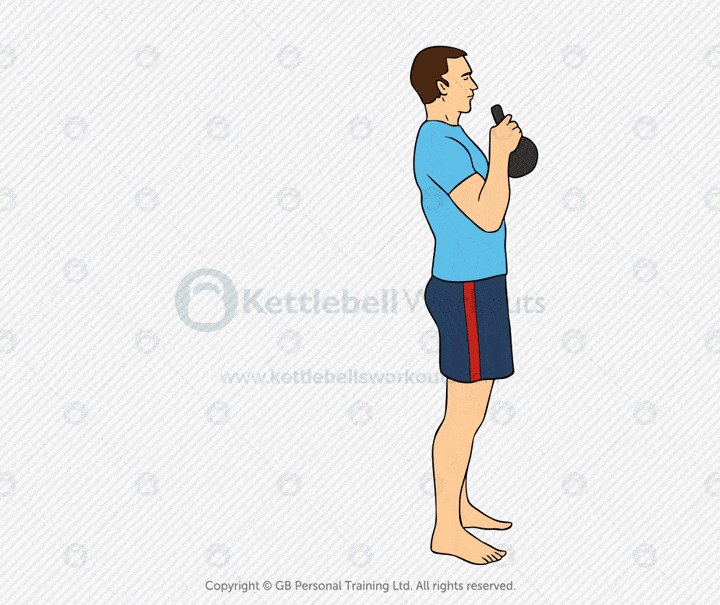

Leave a Reply